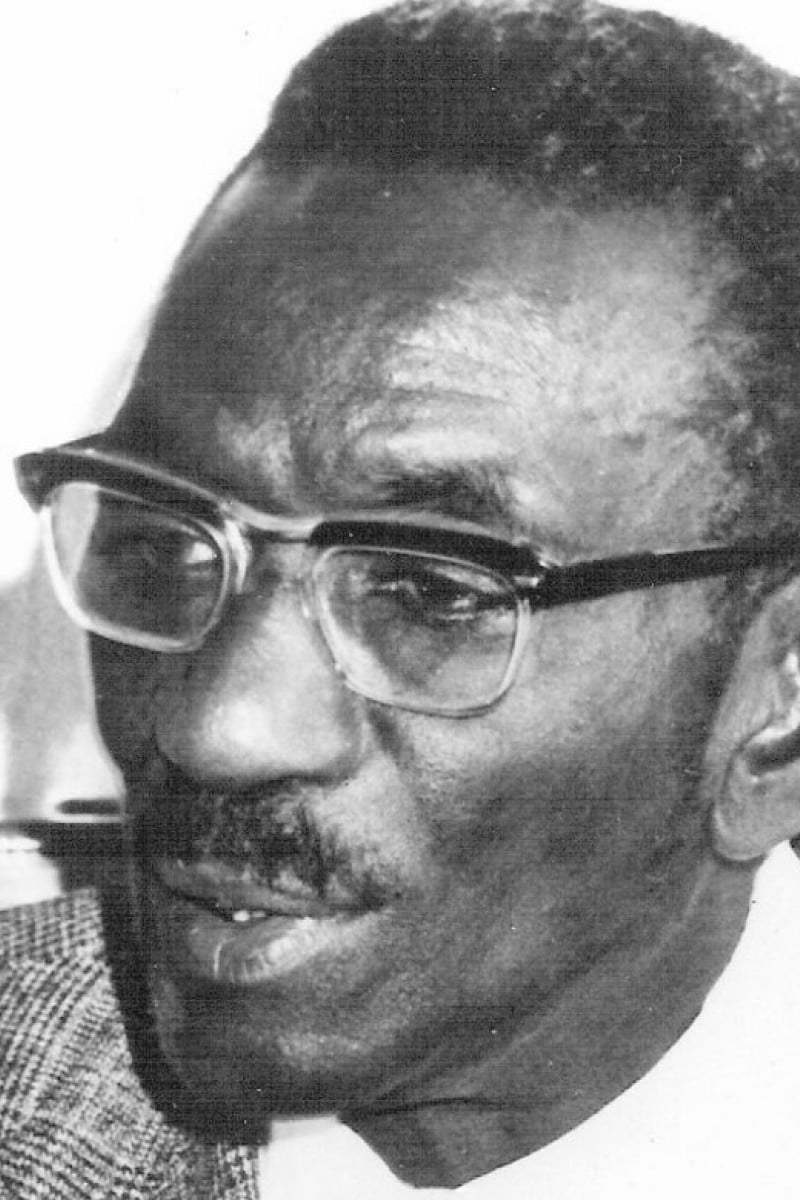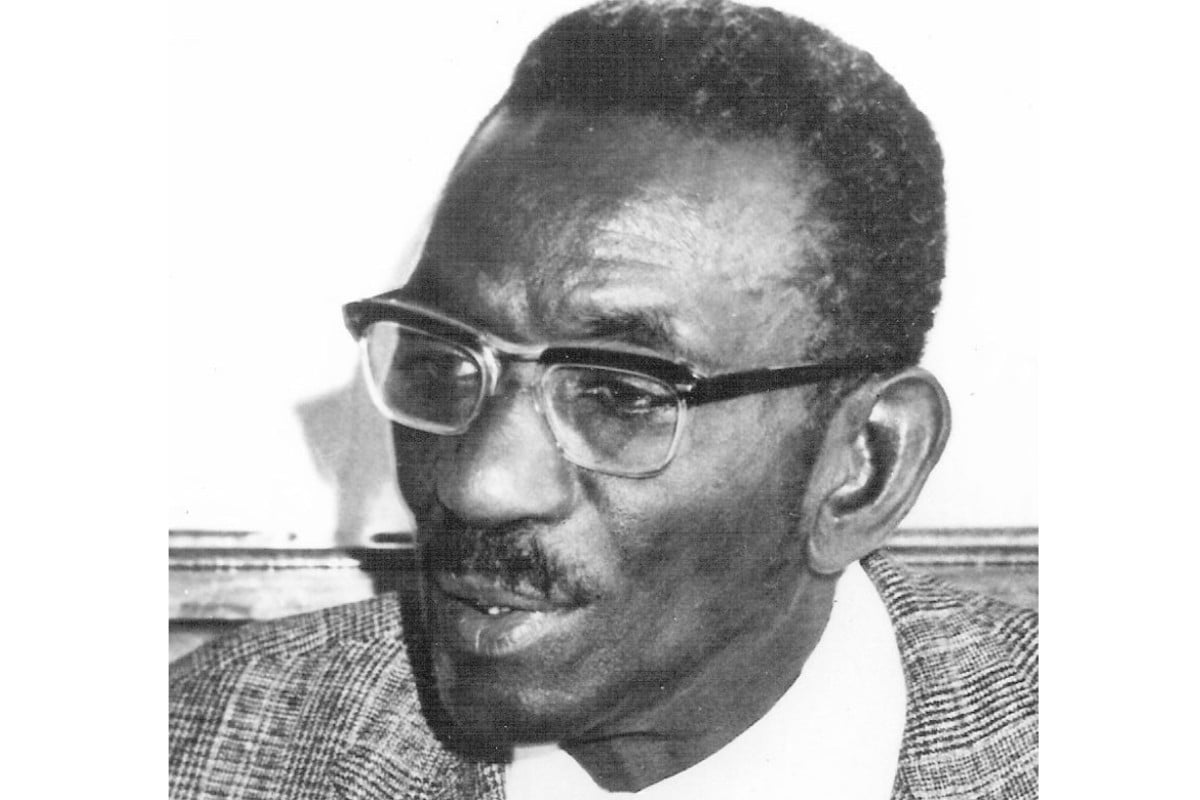
Senegalese scholar Cheikh Anta Diop worked for all Africans, striving to repair the damage that years of colonisation had done to them, both culturally and socially
 Cheikh Anta Diop wanted to reunite Africa and bring African people and culture to where they rightly belonged on the world stage.
Cheikh Anta Diop wanted to reunite Africa and bring African people and culture to where they rightly belonged on the world stage. Who was he?
- African historian, philosopher, anthropologist, scientist and politician
- Most of the books and papers he wrote were about the origins of the human race and the history of
- pre-colonial Africa and other ancient civilisations
- In 1987, the University of Dakar, in Senegal, changed its name to “Cheikh Anta Diop University” in his honour
- Set up three different political parties in Senegal, all encouraging the idea of cultural unity among Africans
- Was called “the black intellectual who has exercised the most fruitful influence in the 20th century” at the World Festival of Negro Arts in Dakar in 1966
Early life
Dr Cheikh Anta Diop was born into a rich, aristocratic Muslim family in the French colony of Senegal in Africa in 1923. His privileged background ensured that he got a top-class education. At the age of 23, he moved to Paris to take up postgraduate studies in philosophy, maths and chemistry at the Sorbonne, the most famous university in France.
Diop benefited greatly from the French education system, and his published works were all written in French, not his native African language.
Paris education
History, Egyptology, languages, physics, anthropology, and economics were among the subjects he studied in Paris. Most students would not have been able to handle such a heavy workload, but Diop had a very sharp mind, and all he wanted to do was study. He worked with the best professors at the Sorbonne, later claiming that he was “the only black African to have received training as an Egypologist”.
In his spare time, he edited an arts and culture magazine, and one of the articles he wrote was about African culture and how it had been destroyed by foreigners who colonised African countries. He asked: “When will we see a renaissance of African culture?”
In his 1954 thesis, Diop argued that ancient Egypt was populated by black people from mainland Africa, and they had influenced the mighty Egyptian civilisation, one of the most important periods in world history. Drop said it was time to revive the African culture based on ancient Egypt, in the same way the European culture had been built around the ancient Roman and Greek civilisations.
Back to Africa
Diop returned to Senegal in 1960, and began a life-long struggle to reunite Africa and promote African culture. He was imprisoned at least twice, because his views “threatened the existing order”.
Diop’s books and public speeches stirred up controversy. His theory that ancient Egyptians were black was laughed at, but recent research has proved Diop to be correct.
In 1981, five years before his death, Diop published his most important book, Civilisation or Barbarism, and he spoke of devoting the rest of his life to restoring Africa to its rightful place in the world.
Claim to fame
All of Diop’s work and theories were focused on making Africa great. Colonisation had fragmented and weakened the continent and stunted its growth, but Diop believed that the African people should go back to their roots and reclaim their heritage. This would only happen if they looked at their past and worked together for their future, he said.
Diop’s ideas gave black people a sense of self-belief and inspired them to pursue their dreams.
He realised that if Africa were to achieve its true potential, it had to be unified, both culturally and politically.
World Player
Diop worked for all Africans, striving to repair the damage that years of colonisation had done to them, both culturally and socially. His ideas were centred on Africa, but they spread to America where black people were struggling to throw off the effects of slavery and were regarded as second-class citizens.
Diop believed strongly in the worth of the black individual, and his ideas resonate even today, as the criticism of the 2016 Oscars ceremony showed. Not a single black actor or filmmaker received an award at Hollywood’s showpiece event earlier this year.
Diop’s writings made black people around the world think about their culture and heritage. His work continues to inspire them, as they make their mark in politics and culture, contributing immensely to the progress of mankind.
What bloggers on the ‘first-thoughts’website say about him
“I feel like reading some Cheikh Anta Diop today. I love being Black!”
“Cheikh Anta Diop was one of the greatest African Scholars of African history and many of us have never even heard of him”
“Cheikh Anta Diop wrote books that make you feel more learned every time you finish a chapter”
“Black kids want to grow up to be Jay-Z or Beyoncé. What about Cheikh Anta Diop?”
“Read works by Cheikh Anta Diop if you want to know real history and not what you were taught to remember in school”
Five quotations by Cheikh Anta Diop
“European languages must not be considered diamonds displayed under a glass ball, dazzling us with their brilliance”
“Humanity’s moral conscience progresses, slowly yet surely…”
“It can be said that, until the fifteenth century, Black Africa never lost its civilisation”
“The ancestors of the Blacks, who today live mainly in Black Africa, were the first to invent mathematics, astronomy, the calendar, sciences in general, arts, religion, agriculture, social organisation, medicine, writing, technique, architecture"
“Intellectuals ought to study the past not for the pleasure they find in so doing, but to derive lessons from it”